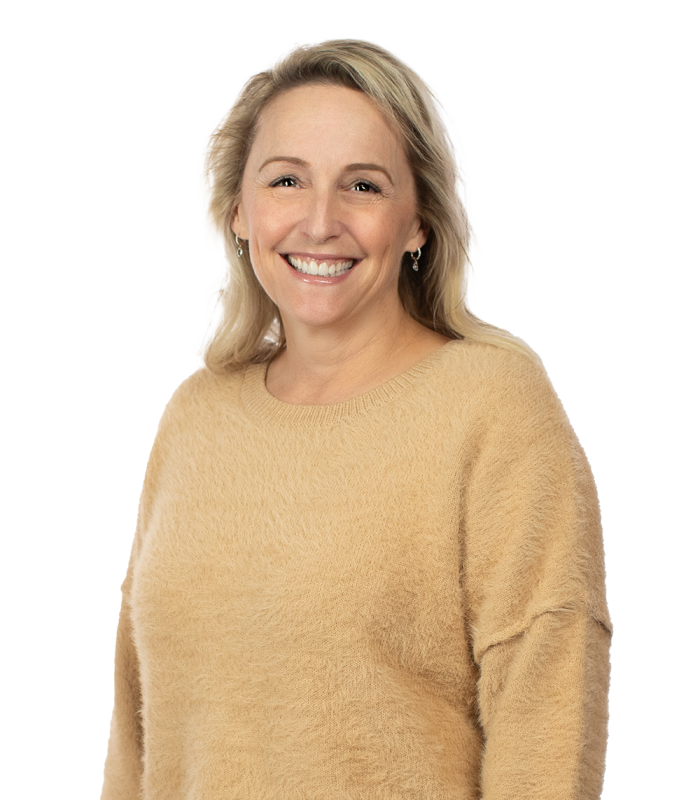You’ve saved. You’ve invested. You’ve worked hard. But somehow, you fear there won’t be quite enough income to live on comfortably when you retire.
What else can you do?
Though we would only recommend this option under very specific circumstances, a reverse mortgage is a planning tool that can enable you to borrow against your home’s equity, while maintaining ownership of your home. A reverse mortgage can help you increase your income stream by using one of your largest assets: your home. If you’re 62 or older, this tool allows you to convert part of your home equity into cash — a kind of advance payment on your home equity. The money you get is usually tax-free. Normally, you don’t have to pay back the money for as long as you live in your home. When you die, sell your home, or move out, you, your spouse, or your estate would repay the loan. Sometimes that means selling the home to get money to repay the loan.
Important considerations
There are several important considerations to think about with reverse mortgages: Fees and other costs. Reverse mortgage lenders charge origination fees and other closing costs, as well as servicing fees over the life of the mortgage. That means that you owe more over time. Balance will grow. As you receive your monthly checks through your reverse mortgage, interest is added onto the balance you owe each month. That means the amount you owe grows as the interest on your loan adds up over time. Upfront costs can get expensive, but vary by lender, so shopping rates is important. Interest rates can change over time. Most reverse mortgages have variable rates, which are tied to a financial index and change with the market. Variable rate loans tend to give you more options on how you get your money through the reverse mortgage. Some reverse mortgages offer fixed rates, but they often require you to take your loan as a lump sum at closing. Not tax-deductible. Interest on reverse mortgages is not deductible on income tax returns — until the loan is paid off, either partially or in full. What about your heirs? Reverse mortgages can use up the equity in your home, which leaves fewer assets for you and your heirs. Most reverse mortgages have something called a “nonrecourse” clause. This means that you, or your estate, can’t owe more than the value of your home when the loan becomes due and the home is sold.
On the plus side
With a reverse mortgage, the homeowner can stay in the home and pay off any existing mortgages on the home. Because no monthly mortgage payments are required the homeowner must live in the home as their primary residence, continue paying property taxes and homeowners insurance, and maintain the home, according to Federal Housing Administration requirements. And, the homeowner receives payments on flexible terms:
- Credit line for emergencies
- Monthly payments
- Lump-sum distribution
- Any combination of the above
A reverse mortgage can not get “upside down,” so heirs would never be personally liable for more than the home is ultimately sold for. Heirs inherit the home and keep any remaining equity after the balance of the reverse mortgage is paid off. As with any important financial decision, reviewing your personal situation with a qualified financial advisor before making a decision, is always a prudent idea. Reverse mortgages may not be the ideal planning technique, but they can be a successful solution in specific situations.
